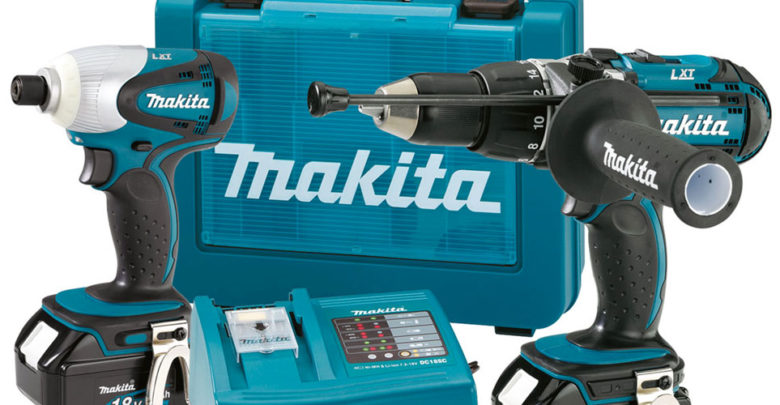Makita Batteries Design Defect

Consumers who purchased Makita battery packs to provide power for cordless tools allege that the battery packs suffer from a design defect. This defect can sometimes cause premature failure of the battery packs. Failure may occur during one-year period when the warranty is in effect or shortly after the warranty has expired.
Users try to charge the tool using the Makita battery and recharging stand but the battery does not charge. There are voluminous consumer complaints about the same issue. Amazon alone has hundreds of complaints.
Liability essentially relies on a defective design theory. The Makita cordless power tools at issue in this case uses a lithium-ion battery pack. The packs consist of 6 to 8 battery cells wired in circuit. The battery packs contain an on-board chip that monitors “battery health” (for example, the number of times that the battery has been charged, the amount of energy the battery can hold, and the levels of previous discharges). This information is apparently used to make sure that the batteries are safe to operate and charge (improperly charged lithium-ion batteries can explode). The cells will discharge to the point that it will no longer accept a charge or perhaps no longer be permitted to accept a charge by the on-board chip. This essentially results in a useless battery that can no longer be charged.

